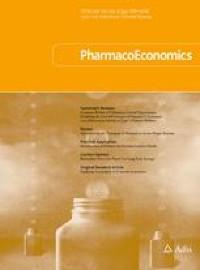
As healthcare costs continue to rise, accurate cost-effectiveness estimates are crucial. However, estimating the costs and outcomes of different interventions is complicated by uncertainty.
In model-based health economic evaluations (HEEs), uncertainty can arise from limited data, methodological limitations, and variability in clinical outcomes.
A recent review identified 80 methods for identifying, analyzing, and communicating uncertainty in HEEs. Quantifying uncertainty wherever possible is crucial to ensure accurate and unbiased cost-effectiveness estimates, ultimately leading to optimal allocation of healthcare resources
Recent Posts
HERNEXEOS Lung Cancer Treatment: First FDA Approval for HER2-Mutant NSCLC
FDA Greenlights HERNEXEOS Lung Cancer Treatment as First-Line Option
HERNEXEOS lung cancer treatment (zongertinib tablets), developed by
KEYTRUDA Padcev MIBC Survival: New Era in Treatment Revealed by KEYNOTE-B15 Trial Results
KEYTRUDA Padcev MIBC Survival Breakthrough in Cisplatin-Eligible Patients
KEYTRUDA Padcev MIBC Survival benefits shone in the Phase 3 KEYNOTE-B15 trial, where perioperative KEYTRUDA (pembrolizumab) plus Padce...
Infarmed Regulatory Activity: January 2026 Highlights and Impacts on Market Access
Infarmed regulatory activity in January 2026 showcased robust performance by Portugal's National Authority for Medicines and Health Products, spanning marketing authorizations, clinical trials, public reimbursement, inspections, pharmacovigilance, and enforcement. The agency processed 45 renewals...